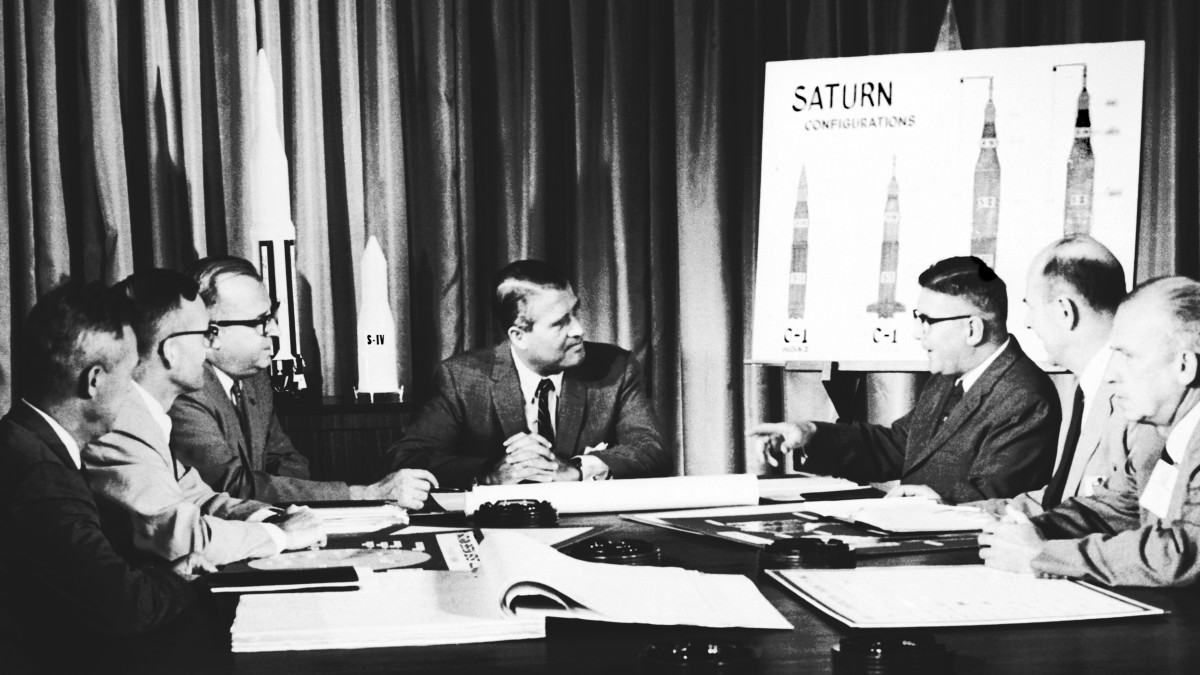The recruitment of Nazi scientists during the Cold War raises important ethical considerations about the use of former members of the Nazi regime in sensitive military and scientific projects. Critics argue that the recruitment of former Nazis undermines the principles of justice and accountability and represents a betrayal of the victims of the Nazi regime.
Proponents of the recruitment of Nazi scientists argue that the scientists were valuable assets in the Cold War and that their knowledge and expertise were crucial in the development of advanced technologies.
The legacy of the recruitment of Nazi scientists is a reminder of the importance of ethical considerations in scientific research and the need for responsible and transparent scientific inquiry.
In conclusion, the recruitment of Nazi scientists during the Cold War remains a controversial and divisive issue. The legacy of this practice highlights the need for careful consideration of the ethical implications of scientific research and the importance of responsible and transparent scientific inquiry.
Works Cited:
Brunner, Jose. "Nazis, War Criminals, and the Ethics of Science: Recruitment of German Scientists after World War II." Science and Engineering Ethics, vol. 5, no. 3, 1999, pp. 433-446.
Melnick, Ralph. "Operation Paperclip and the Ethical Implications of Cold War Science." Issues in Science and Technology, vol. 28, no. 4, 2012, pp. 29-34.








